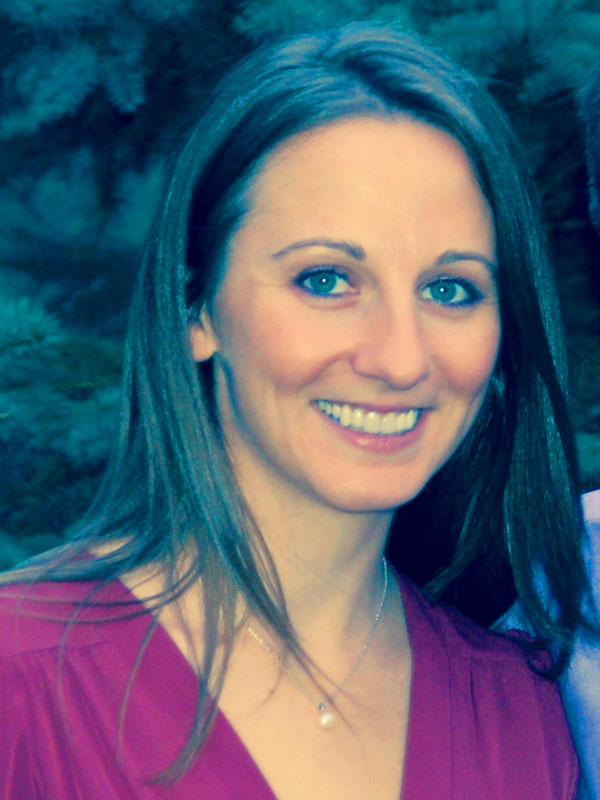Nursing Team Shares Process of Training a New Nurse in Oncology Outpatient Care

When I met Shirley, she was poised, mature, and clearly very smart (http://voice.ons.org/stories/nursing-team-shares-process-of-training-a-new-nurse-in-oncology-outpatient-care-1), but she was also humble. She had just graduated nursing school and had no experience. Our usual applicants had several years of nursing or a few years of oncology nursing experience. As a leadership team, we chose to trial a new graduate nurse on our team. This decision came following a great deal of discussion and preparation.
The Role of the Nurse Educator
As the educator, I began to search for articles about new graduate nurses in ambulatory specialties. Much has been written about the process of recruiting, orienting, and retaining the new graduate nurse, as well as understanding the stresses and challenges of the new graduate experience, but none of the literature specifically addressed our needs.
We began with the process of assigning a preceptor. The chosen preceptor (http://voice.ons.org/stories/nursing-team-share-process-of-training-a-new-nurse-in-oncology-outpatient-care-2) was enrolled in graduate school, involved with several committees, and was known to be well respected by her peers. The challenge was providing four to six months of training for a new graduate in the outpatient oncology setting. This was an important commitment from both the preceptor and orientee, and I gave them my assurance to support both of them throughout the process. We met weekly throughout the orientation process and maintained our flexibility in identifying goals and learning needs.
Involving Cross-Departmental Teams
The nursing leadership team played a crucial role in the onboarding process. The associate director for outpatient oncology supported our plan and maintained that our orientee should take the time she needed to learn. It was evident that orienting a new nurse to the outpatient oncology setting was a gradual process. We maintained a structured learning plan, but also allowed the orientation process to slowly evolve. As we facilitated cross-training opportunities we involved both the orientee and preceptor in the decisions.
To work on assessment, IV placement skills, and general knowledge of oncology, our orientee spent time in the emergency department, radiation oncology, and inpatient bone marrow transplant unit. Shirley also spent time in the venous access device-designated space and together with a very experienced nurse, she was able to gain proficiency in accessing ports, placing IVs, and administering a variety of injections, blood products, and other infusions while working at a different pace. This proved to be a positive experience, with Shirley saying she greatly enjoyed and appreciated the variety of learning opportunities.
Support from everyone on the team is vital for training the new graduate nurse in a specialty area. Training and successfully onboarding a new graduate nurse in any clinical setting is an investment of time and resources. To that end, we required our newest member of the team to take and pass the ONS chemotherapy biotherapy course (https://www.ons.org/content/onsoncc-chemotherapy-biotherapy-certificate-course) prior to starting the job, so that she was able to begin administrating chemotherapy immediately during orientation. Many of the medication regimens are extremely complex, and it was my role as the educator to balance Shirley’s learning needs while ensuring safe patient care. Having the support of our nursing leadership made all the difference for her transition from a novice to a competent infusion nurse.
Achieving the Ideal Outcome
Our new gradate nurse is no longer the new graduate! Shirley is independently managing a full patient care assignment. We continue to meet with her regularly to check in and to assure her that we are here for support. It only takes a few minutes of our time to convey this message, and we believe it makes a difference.
Unless you shadow on the unit or ask the right questions during an interview, you may not know what the unit’s culture will be like until you have already committed to working there. I believe Shirley will look back on the beginning of her nursing career and be happy that she chose to start in outpatient oncology. Shirley took a chance on us, and we took a chance on her. In the end, I think both sides made a wise investment.
